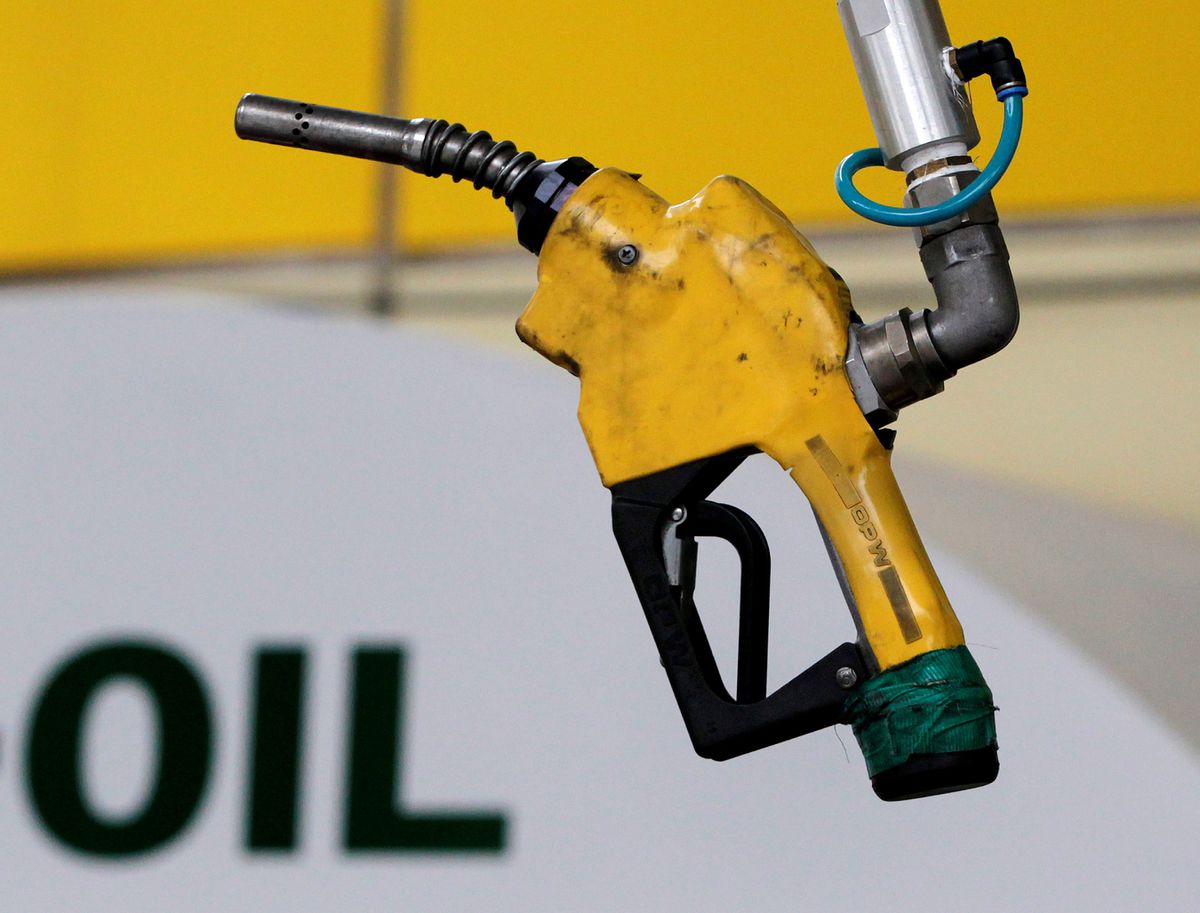
Oil rises on declining inventories and weaker dollar
LONDON, Sept 2 (Reuters) – Oil prices edged higher on Thursday, supported by a sharp decline in U.S. crude stocks and a weaker dollar, though gains were capped by an OPEC+ decision to stick to its policy of gradually increasing output.
Brent crude was up 45 cents, or 0.6%, at $72.04 a barrel by 1101 GMT and West Texas Intermediate (WTI) crude rose 39 cents, or 0.6%, to $68.98.
U.S. crude inventories dropped by 7.2 million barrels last week, the Energy Information Administration said on Wednesday.
Hurricane Ida, meanwhile, has affected about 80% of the Gulf of Mexico’s oil and gas output. Oil refineries in Louisiana could take weeks to restart. read more
“Crude oil processing will probably take considerably longer to recover from the outages than crude oil production, which suggests that crude oil stocks will increase in the coming weeks,” said Commerzbank analyst Carsten Fritsch.
The Organization of the Petroleum Exporting Countries (OPEC) and allied producers including Russia, together known as OPEC+, agreed on Wednesday to continue a policy of phasing out record production reductions by adding 400,000 barrels per day (bpd) to the market. read more
OPEC+ also raised its demand forecast for 2022 and faces pressure from the United States to accelerate production increases. U.S. President Joe Biden’s administration said it was “glad” the group had reaffirmed its commitment to raising supply. read more
“What is not so certain … is whether demand will be able to grow as quickly as OPEC+ and the market predicts,” said Rystad Energy’s head of oil markets, Bjornar Tonhaugen, citing the risk of further coronavirus lockdowns to counter new variants of the virus.
Optimism for economic recovery from the pandemic and a positive performance from stock markets also lent some support to oil.
“Although oil is lagging equities, its downside is clearly limited by the general confidence surrounding the global economy despite consistent fears of the prolonged spread of the coronavirus,” said Tamas Varga, oil analyst at London brokerage PVM Oil Associates.
Meanwhile, India’s gasoline demand is set to hit a record this fiscal year, with consumption accelerating as more people hit the road for business and leisure travel after easing of COVID-19 curbs. read moreReporting by Bozorgmehr Sharafedin in London Additioanl reporting by Aaron Sheldrick Editing by David Goodman and Mark Potter
Our Standards: The Thomson Reuters Trust Principles.






